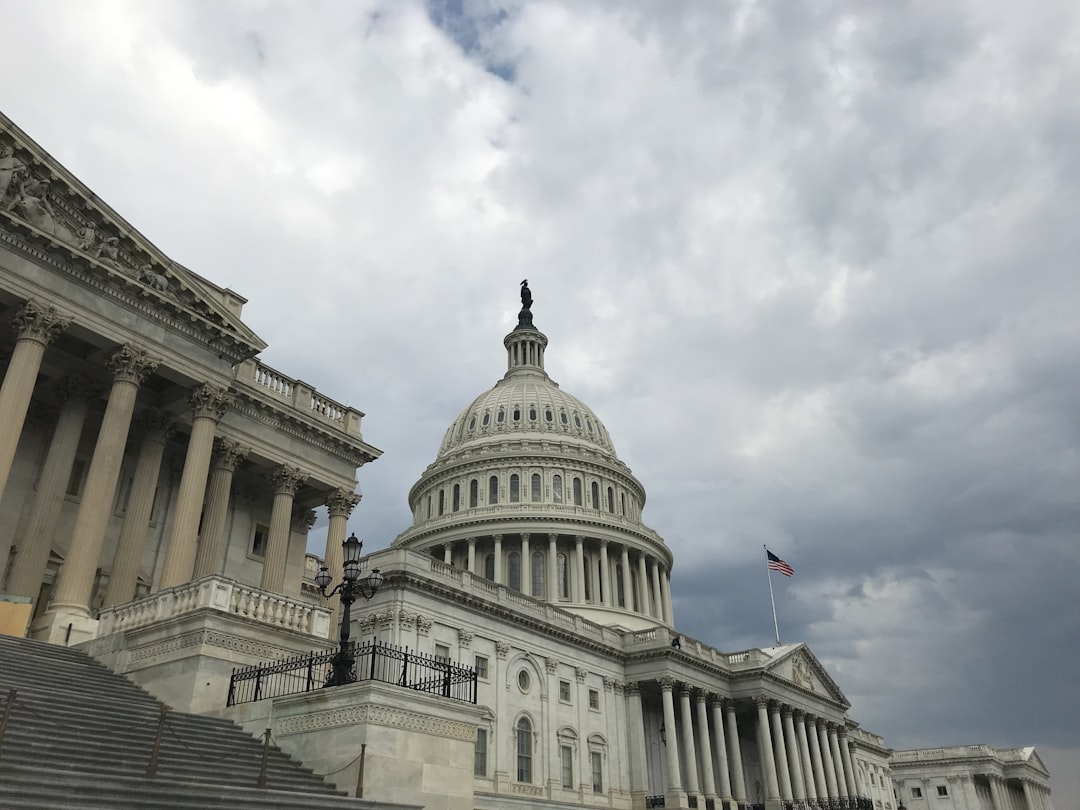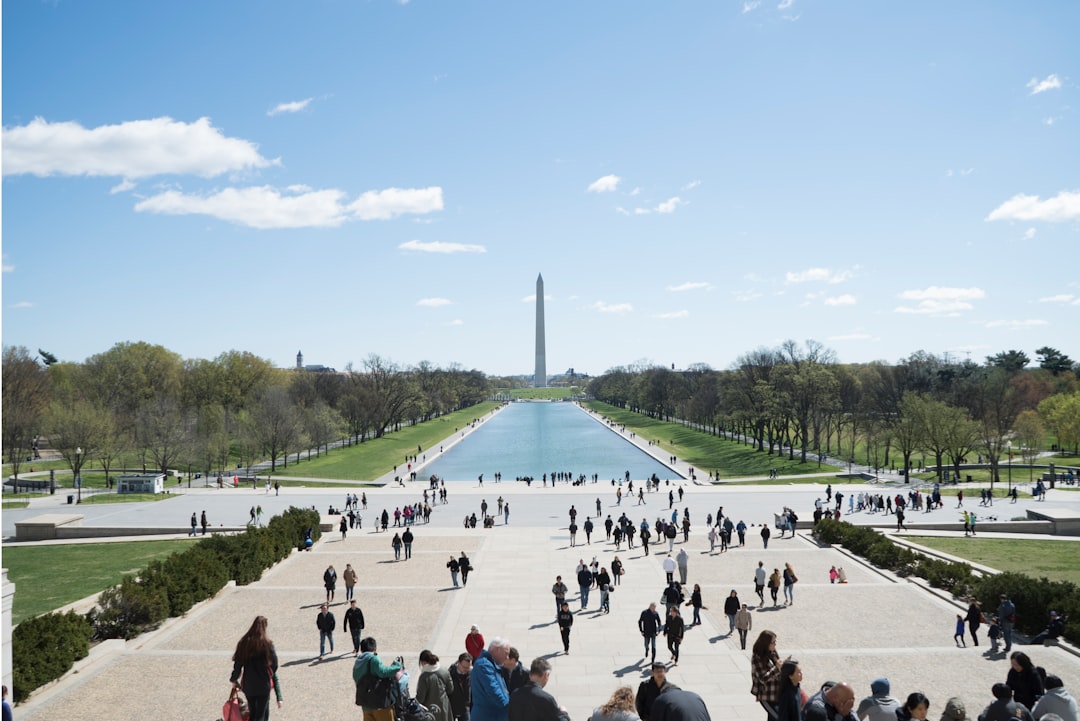Unwanted marketing calls in Lynnwood, Washington, are regulated by state and federal laws, including the TCPA and Washington State UDAP Act. Consumers have rights to protect their privacy; registering on the "do not call" list is a first step. Documenting interactions and consulting an unwanted call law firm Washington can help enforce these rights when facing persistent or deceptive calling practices.
In today’s digital age, unwanted marketing calls can be a persistent nuisance. Lynnwood residents often face relentless sales pitches, leaving many wondering about their rights. This article delves into your legal protections under Washington state laws, offering guidance on navigating and responding to unsolicited calls. We explore the mechanisms in place to safeguard consumers from aggressive marketing tactics, empowering you to exercise your rights effectively with the help of a dedicated unwanted call law firm in Washington.
Understanding Unwanted Marketing Calls in Lynnwood

Unwanted marketing calls, often referred to as telemarketing or sales calls, can be a nuisance and a violation of your privacy. In Lynnwood, these unsolicited phone calls are regulated by state and federal laws designed to protect consumers from excessive or deceptive marketing practices. The Telephone Consumer Protection Act (TCPA) in Washington State and similar federal laws across the country spell out the rights of individuals who receive these types of calls.
These laws provide clear guidelines on what constitutes an unwanted call, consent, and opt-out options for consumers. It’s essential to understand your rights so you can take appropriate action if you feel your privacy has been invaded or your calls are being used for deceptive purposes. If you’ve experienced persistent or nuisance marketing calls in Lynnwood, consulting a local Unwanted Call Law Firm can help you navigate your legal options and ensure your rights are respected.
Legal Framework: Washington State Laws Protect Consumers

In Washington state, consumers are protected from unwanted marketing calls by a set of laws designed to safeguard personal privacy and reduce consumer frustration. These regulations are in place to ensure that residents of Lynnwood and across the state can enjoy peace of mind when it comes to their phone interactions. The Unwanted Call Law Firm plays a crucial role in enforcing these laws, helping consumers understand their rights and take action against violators.
The Washington State Unfair or Deceptive Acts and Practices (UDAP) Act is one of the primary legal frameworks that protect consumers from aggressive or harassing marketing tactics. This act prohibits businesses from engaging in any deceptive or unfair practices, including making telemarketing calls to residents who have not given explicit consent. Additionally, the Telephone Consumer Protection Act (TCPA) at the federal level further strengthens these protections, ensuring that consumers can take legal action against companies that disregard their rights and continue to make unwanted calls.
What to Do When You Receive an Unwanted Call

If you’re receiving marketing calls that you don’t want, there are steps you can take to stop them. The first course of action is to assess if the call violates any laws. In Washington state, there are regulations in place to protect residents from unwanted telemarketing calls, also known as “do not call” laws. These laws allow you to register your phone number on the “Do Not Call” list, which can significantly reduce the volume of marketing calls you receive.
When dealing with an unwanted call, especially if it’s persistent or aggressive, consider documenting the interaction. Take note of the caller’s name, company, and any specific details about the products or services being promoted. This information may be useful if you decide to file a complaint with a Washington state law firm specializing in consumer protection or take legal action under the Unwanted Call laws.
Your Rights and How to Exercise Them Effectively

If you’re receiving unwanted marketing calls in Lynnwood, you have rights protected by the Telemarketing and Consumer Fraud Prevention Act (TCPA). The TCPA, enforced by the Federal Trade Commission (FTC), restricts how businesses can contact consumers via phone. One of your key rights is to ask that your number be removed from a company’s call list, often referred to as “do not call” status. This can usually be done by politely telling the caller you wish to stop receiving their calls.
To exercise this right effectively, it’s advisable to keep a record of each call, including the date, time, and details about the marketing message. If your requests are ignored or you experience persistent unwanted calls, consider contacting a Washington unwanted call law firm for assistance. These legal professionals specialize in enforcing consumer rights under the TCPA and can help ensure that businesses respect your “do not call” status.






